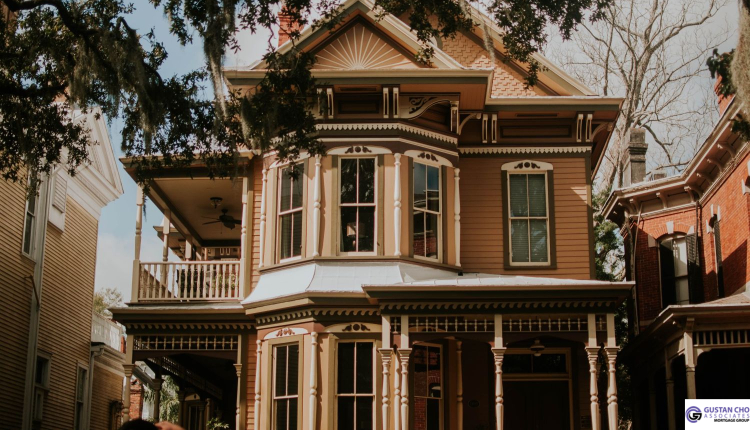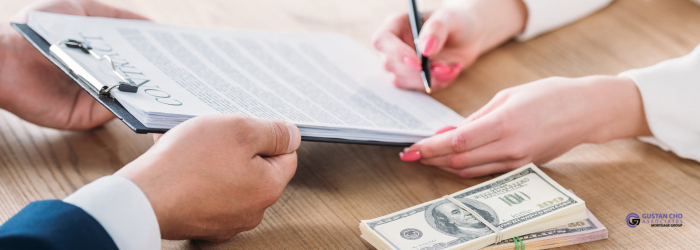Buying House After Filing Bankruptcy And Qualifying For Mortgage
This Article Is About Buying House After Filing Bankruptcy And Qualifying For Mortgage
Many folks who were victims of the Great Recession of 2008 lost their businesses and/or jobs which has devastated their financial profile and ruined their credit.
- There are many loan programs that limit the waiting period in Buying House After Filing Bankruptcy
- NON-QM Loans has no waiting period after bankruptcy with Buying House After Filing Bankruptcy
Mortgage Guidelines After Bankruptcy And/Or Housing Event
However, government and conventional loans have a mandatory waiting period after bankruptcy with Buying House After Filing Bankruptcy.
- Many have found employment on jobs that they are overqualified for
- Many have taken a substantial housing income reduction
- They are still struggling to get by and prior bill collectors are still hounding them after many years
- Others have multiple judgments
- Judgment creditors are trying desperately trying to place garnishments and freezing their bank accounts
- Consumers can file bankruptcy and wipe out those debts and get a fresh start
- The second option is that they can just wait it out until the statute of limitations period expires and not file bankruptcy
This choice depends on the following:
- Type of debts consumers have
- How old those debts are
- What creditors are doing in trying to pursue those old debts
Buying House After Filing Bankruptcy Or Waiting The Statute Of Limitations To Expire?
For those who are contemplating either file bankruptcy or waiting it out, there are certain things that need to be considered. Buying House After Filing Bankruptcy is possible and most hard-working folks recover after bankruptcy. However, many folks who procrastinated in filing bankruptcy and still have outstanding creditors reporting on their credit report can still qualify for a mortgage without filing bankruptcy. Borrowers do not have to pay outstanding collections and charge offs to qualify for home loans. However, judgments need to be addressed.
- Being judgment proof is when consumers have very little or no assets where creditors do not proceed with collection efforts
- Consumers can have exempted properties such as personal residence with a certain amount of assets which the judgment creditor cannot go after them
- Non-exempt assets such as second homes and investment properties can be gravy and a judgment creditor will go after that if they find out there is equity
- Other exempted assets include cars and a cap on annual gross income
They cannot go after wages if income will barely cover monthly living expenses.
Buying House After Filing Bankruptcy: Outstanding Collections And Judgments
Home Buyers can purchase home with outstanding collections and charge off accounts without having to pay them off.
- However, borrowers need to pay off an outstanding judgment and/or have a written payment agreement with the judgment creditor and have a three-month seasoning of payments to qualify for home loans
- Judgments can be negotiated to a reduced amount and need to be paid at or before closing and reflect on public records
- Three months proof of payment via canceled checks and/or bank statements
Judgments that are not reporting on credit reports will be discovered by lenders when they do a nationwide public records search during the mortgage process.
Avoiding Enforcement By Judgment Creditors
Most of the time, judgment creditors will not pursue in enforcing a judgment.
- However, if people make six figures and have plenty of disposable income, the judgment creditor can go after them with a wage garnishment
- Those who are unemployed or underemployed are normally judgment proof
A judgment creditor cannot go after the following:
- Unemployment benefits
- Pension income
- Social security income
- Disability income
- Other fixed income that consumers need to survive and provide basic living expenses
Those who do not foresee their income situation to change for the better and can live with bill collectors and collection agencies harassing them from time to time, not filing bankruptcy and waiting out statute of limitations may be the best option:
- Borrowers cannot qualify for a residential mortgage loan until the judgment is settled by either paying it off or having a written payment agreement with the judgment creditor
- Three months of payment seasoning is required on payment plans with judgments and/or tax liens
Bankruptcy: Discharge Of Debts
Bankruptcy is somewhat like a get out of debt card and consumers can only use it once every 7 years.
- Unfortunately, not all debts can be discharged with Chapter 7 Bankruptcy
- Tax liens and government loans cannot be discharged in a bankruptcy
- Homeowners can reaffirm their mortgage and still keep their home after filing bankruptcy
- With a Chapter 7 Bankruptcy consumers keep home, car, and other assets with loans as long as they can afford
- They do not have to include it in the bankruptcy
- Maybe wiping out the credit card and medical debts might give petitioners breathing room
- Chapter 13 bankruptcy restructures overall debts and creates a new repayment plan for a period of 3 to 5 years
- We will discuss more on Chapter 7 and Chapter 13 bankruptcies in future blogs.
Buying House After Filing Bankruptcy: Qualifying For VA And FHA Loans During And After Chapter 13 Bankruptcy
Buying House After Filing Bankruptcy is possible on government loans. Home Buyers can qualify for VA Loans and FHA Loans one year into a Chapter 13 Bankruptcy Repayment Plan.
- 12 months of timely payments need to be made to their creditors
- Approval of the Chapter 13 Bankruptcy Trustee is required
- Most Trustee will give home buyers approvals to purchase a home
- There is no waiting period to qualify for FHA Loans and VA Loans After Chapter 13 Bankruptcy
- Gustan Cho Associates is a national mortgage company with no overlays on FHA and VA Loans During and After Chapter 13 Bankruptcy discharged date
- Any FHA and VA Loans after Chapter 13 Bankruptcy that has not been seasoned two years after the discharged date needs to be manually underwritten
- There is a two-year waiting period to qualify for Conventional Loans after Chapter 13 Bankruptcy discharged date
There is a four-year waiting period after the Chapter 13 Bankruptcy dismissal date to qualify for Conventional Loans.
Qualifying For Mortgage After Chapter 7 Bankruptcy
Home Buyers can qualify for home loans after Chapter 7 Bankruptcy.
Here are the waiting periods to qualify for home loans after Chapter 7 Bankruptcy:
- FHA Loans require a two year waiting period after Chapter 7
- VA Loans require a two-year waiting period as well
- Conventional Loans require a four-year waiting period after Chapter 7 Bankruptcy discharged date
Home Buyers who need to qualify for home loans after bankruptcy or outstanding collections and/or charge-offs with a direct lender with no mortgage lender overlays on government and/or conventional loans can contact us at Gustan Cho Associates at 800-900-8569 or text us for a faster response. Or email us at gcho@gustancho.com. We are available 7 days a week including evenings, weekends, holidays.







